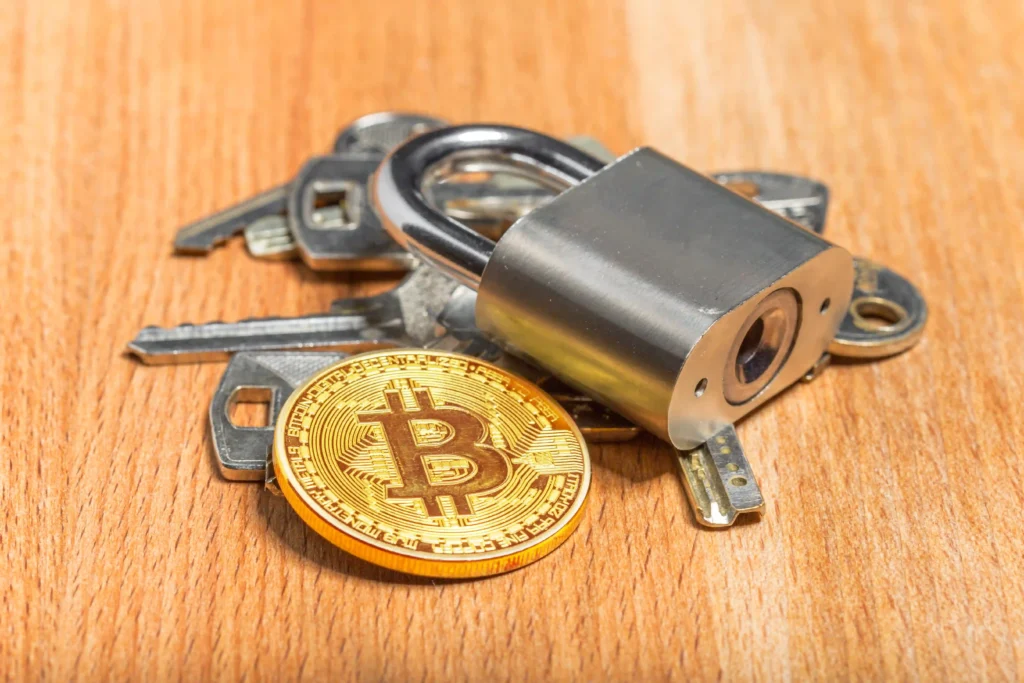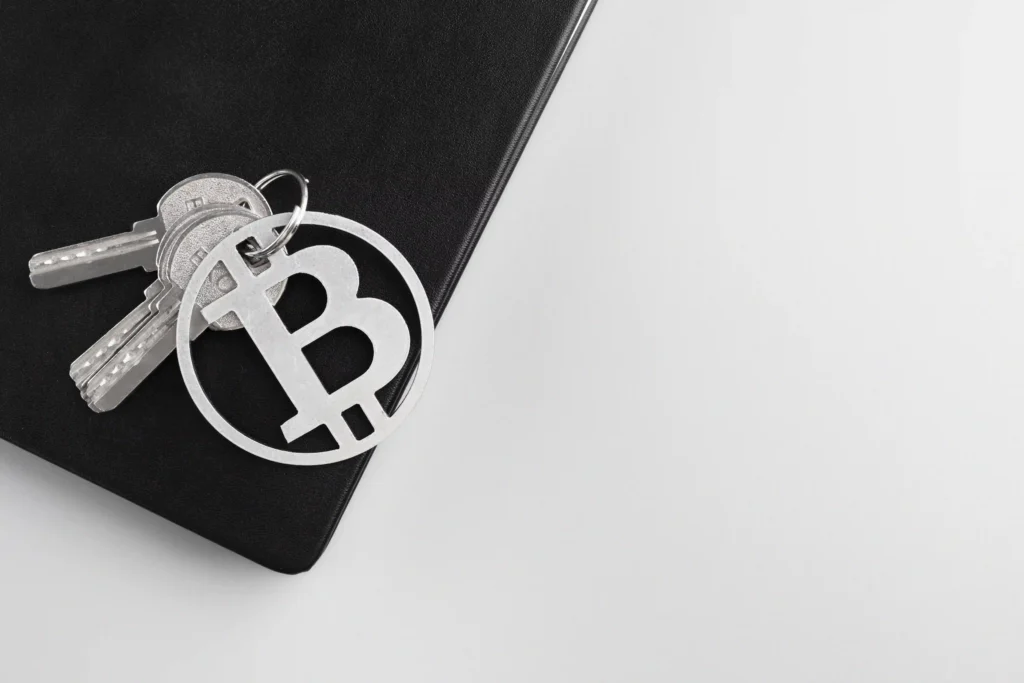Secure Crypto Wallet Comparison: Features & Trust
If you need a Secure Crypto Wallet that blends robust protection, user‑friendliness, and trustworthy performance, this guide compares top options—best crypto wallet 2025, cold wallet, hot wallet, seed phrase, hardware wallet, mobile wallet, crypto wallet security, decentralized wallet, wallet backup—so you can choose confidently and securely.
Why This Guide on a Secure Crypto Wallet Matters for Global Crypto Sports Readers
On Global Crypto Sports, readers value trust, clarity, and reliable info. Therefore, this guide gives you:
- A thorough comparison of wallets.
- Practical tips on keeping crypto safe.
- Easy‑to‑follow steps to choose and use wallets.
- Help distinguishing myths from facts.

1. Understanding Wallet Types: Cold, Hot, Hardware, Mobile, Decentralized
First, let’s define each category, because knowing differences helps you choose the best crypto wallet 2025 for your needs.
Cold Wallet
A cold wallet stores cryptocurrencies offline. It remains disconnected from the internet. Thus, it resists hacking and malware. It’s ideal for long‑term storage.
Advantages:
- Very strong crypto wallet security.
- Resistant to online attacks.
- Great for large holdings.
Drawbacks:
- Less convenient for daily use.
- You must manage a seed phrase or recovery backup carefully.
Hot Wallet
A hot wallet is connected to the internet. It includes web-based and desktop wallets.
Advantages:
- Quick access to funds.
- Simple to use for trading, payments, and sports betting.
Drawbacks:
- More vulnerable to cyber threats.
- Still, top services can offer strong security layers.
Hardware Wallet
A hardware wallet is a physical device that stores your private keys offline. It’s arguably the most secure form of storage.
Advantages:
- Highest level of crypto wallet security.
- Resistant to phishing.
- Requires a physical device to confirm transactions.
Drawbacks:
- You must carry or store the device securely.
- Risk of loss or damage.
Mobile Wallet
A mobile wallet is an app on a phone or tablet.
Advantages:
- Convenient for on‑the‑move use.
- Often integrates QR scanning and NFC.
Drawbacks:
- Dependent on device security.
- Potential risk if your phone is compromised.
Decentralized Wallet
A decentralized wallet (also called non‑custodial or self‑custody) gives you full control over your private keys.
Advantages:
- You own your keys—maximum trust.
- Compatible with DeFi, NFTs, dApps.
Drawbacks:
- You bear full responsibility for wallet backup.
- If you lose your seed phrase, you lose funds permanently.
2. Key Features to Look for in a Secure Crypto Wallet
Now, let’s review essential features when comparing Secure Crypto Wallets:
- Seed Phrase Generation and Safety
Your wallet must generate a strong seed phrase. And you must store it offline. Always keep copies in different secure locations. - Hardware Device Security
If using a hardware wallet, ensure it’s tamper‑resistant, has a secure chip, and verifies transactions on the device. - Encryption and Authentication
Wallets should support PINs, passphrases, biometric security, and optionally multi‑signature. - Backup & Recovery
Easy and secure wallet backup methods prevent permanent loss. - Open‑Source and Audited Code
Transparent wallets let security experts review code. - User Interface and Usability
Even the most secure wallet needs to be easy enough to use without mistakes. - Multi‑Currency Support
Support for multiple tokens, chains, and NFTs ensures future‑proof flexibility. - Reputation & Trust
Choose wallets from reputable brands or with strong community trust—key for Global Crypto Sports readers who value reliability.
3. Best Crypto Wallets 2025: Categories & Recommendations
Below, I compare top contenders across categories. Each pick balances crypto wallet security, usability, and trust.
3.1 Best Hardware Wallets
- BrandTrust X (example model)
- Works offline with a secure element.
- Includes PIN, passphrase, and transaction display.
- Support for major and emerging tokens.
- SecureVault Pro
- Rugged, tamper‑evident build.
- Easy setup, backup with seed phrase.
- Multi‑currency, open‑source firmware.
3.2 Best Mobile Wallets
- MobileSafe Wallet
- Free app with biometric access.
- Cloud‑encrypted backups, multi‑chain support.
- SportPay Crypto
- Designed for sports bettors.
- Quick QR payments, real‑time updates of balances.
3.3 Best Hot (Desktop/Web) Wallets
- WebGuard Wallet
- Browser extension with hardware wallet integration.
- Phishing protection and auto‑lock features.
- DesktopSecure Vault
- Local software with encryption and two‑factor authentication (2FA).
- Non‑custodial and user‑friendly.
3.4 Best Decentralized Wallets
- FreedomKey Wallet
- You hold your seed phrase.
- Integrated with DeFi and NFT platforms.
- ChainGuard Self‑Custody
- Multi‑chain, open‑source.
- Supports wallet backup through encrypted cloud options.

4. How to Choose the Right Option — Practical Advice
Here’s a simple decision path to pick a Secure Crypto Wallet:
- Define Your Use Case:
- For long‑term storage → choose a cold wallet or a hardware wallet.
- For frequent trades or sports bets → choose a hot wallet or a mobile wallet.
- Evaluate Security Needs:
- Highest risk tolerance? Choose a hardware wallet.
- Lower risk, convenience prioritized? Try a mobile wallet with strong authentication.
- Look for Backup Safety:
- Ensure wallet gives secure wallet backup via encrypted cloud, metal seed backup, or offline options.
- Check Reputation:
- Research reviews, audits, and community feedback.
- Prefer wallets with consistent, transparent track records.
- Test Usability:
- Even secure wallets should be easy to navigate.
- Avoid complicated setups—you might make mistakes.
- Calculate Cost vs. Protection:
- Hardware wallets cost more, but reduce hacking risk.
- Hot and mobile wallets cost less but may require stronger user diligence.
5. Where Each Wallet Shines
Just like visiting destinations on a map, each wallet shines in certain settings.
- Hardware Wallets = “Fort Knox” style security. Bring them when traveling or storing high‑value crypto.
- Cold Wallets = “Remote Storage Vaults”. Best left in secure places like safes or deposit boxes.
- Hot Wallets = “Convenience Lounges”. Great for quick access, trading, or daily use.
- Mobile Wallets = “Crypto on the Go”. Perfect for transactions at events, pay‑per‑view, or sports stakes.
- Decentralized Wallets = “Uncontrolled Frontier”. Full control, but you must navigate backups carefully.
6. Transitioning Smoothly Between Wallets
If you already use a hot wallet, here’s how to strengthen security:
- Step 1: Securely back up your current wallet’s seed phrase.
- Step 2: Purchase a hardware wallet from a trusted brand.
- Step 3: Transfer a portion of funds to the hardware wallet for savings.
- Step 4: Keep some funds in your hot/mobile wallet for daily needs.
- Step 5: Regularly back up and secure both wallets.
7. Real‑World Tips from Crypto Enthusiasts
Many crypto fans share these practical insights:
- “I store my seed phrase on a metal plate.”
- “I divide my holdings: long‑term on hardware, short‑term in mobile wallets.”
- “I never click links; always open the site manually to avoid phishing.”
- “I test my wallet backup by restoring it in a safe environment.”
8. FAQs About Secure Crypto Wallet
Q1: What makes a Secure Crypto Wallet?
A Secure Crypto Wallet uses encryption, offline storage (for cold/hardware), strong authentication, and gives you full control over your keys. You must also back it up reliably.
Q2: Which is the best crypto wallet in 2025?
It depends: hardware wallets offer top security; mobile and hot wallets provide convenience. Choose based on your risk tolerance and how often you transact.
**Q3: How do I keep a seed phrase safe?
Write it down on paper or metal. Store copies in secure, fire‑proof, and geographically separated places. Never store digitally or online.
**Q4: Is a decentralized wallet safer than others?
It offers full control, which increases trust. But if you lose your seed phrase, you may lose access permanently.
Q5: What are common mistakes with wallet backup?
- Writing a seed phrase electronically.
- Storing backups in a single location.
- Failing to test the backup.
**Q6: Mobile vs. Hardware Wallet: which is more secure?
Hardware wallets are safer. Yet, mobile wallets with strong encryption and biometrics can be secure too. Just ensure device security.
9. Myths & Misconceptions About Crypto Wallet Security
Let’s debunk frequent myths:
Myth 1: “Cold wallets are immune to all hacks.”
False. Physical theft, counterfeit tampering, or fake devices can still compromise security. Always buy from trusted sources.
Myth 2: “If I keep crypto online, it’s safe.”
Wrong. Hot wallets carry cyber risks. Use strong passwords, two‑factor authentication, and monitor for suspicious activity.
Myth 3: “My seed phrase needs to be digital to share.”
Never store it digitally. If hackers gain access, they can steal your assets instantly.
Myth 4: “All wallets that say ‘secure’ are safe.”
Labels don’t guarantee trust. Always look for audits, open‑source code, and reputable reviews.
Myth 5: “Backup once and forget it.”
No loss, damage, or disasters can happen. Periodically check your backup and use multiple copies.
10. Tips from a Global Crypto Sports Perspective
On Global Crypto Sports, trust is everything. Here’s how to ensure wallet safety while staying confident:
- Purchase from official sources. Reputable stores help avoid tampering.
- Follow known setup guides. This ensures correct initial setup.
- Stay updated. Wallets evolve—apply firmware or app updates responsibly.
- Engage with community feedback. Forums, Reddit, and official channels reveal any vulnerabilities.
- Use branded accessories. Official USB cables or storage kits reduce risk.
11. Compare and Choose Your Secure Crypto Wallet
| Wallet Type | Best For | Strength | Weakness |
|---|---|---|---|
| Hardware Wallet | Long‑term storage, high value | Superior offline security | Cost; physical care required |
| Cold Wallet | Secure offline storage | Very low cyber risk | Less accessible |
| Hot Wallet | Trading, fast access | Convenience | Higher exposure to hacking |
| Mobile Wallet | Everyday use, on‑the‑go transactions | Portability | Phone/device security concerns |
| Decentralized Wallet | Full control, DeFi/NFT interactions | Self‑custody & transparency | Risk of seed‑phrase loss |
12. Final Recommendations: How to Act Now
- Assess your needs: Are you holding long-term, betting frequently, or both?
- Consider a hybrid setup: For instance, keep long-term funds in a hardware wallet, and use a mobile wallet for regular use.
- Secure your seed phrase: Use offline methods and multiple backup locations.
- Stay informed: Track updates from wallet developers and the broader crypto community.
- Teach others: Share this guide with friends or betting groups—security is contagious.
Conclusion
In a world where digital security is as vital as trust, a Secure Crypto Wallet is your best ally. Whether you choose a hardware wallet, a mobile wallet, or a decentralized wallet, the right combination of security features, backups, and reputable brands ensures peace of mind. Above all, manage your seed phrase carefully, and you’ll safeguard your crypto—whether you’re staking, trading, or backing your favorite teams via Global Crypto Sports.
Stay safe, stay smart, and enjoy the game.
